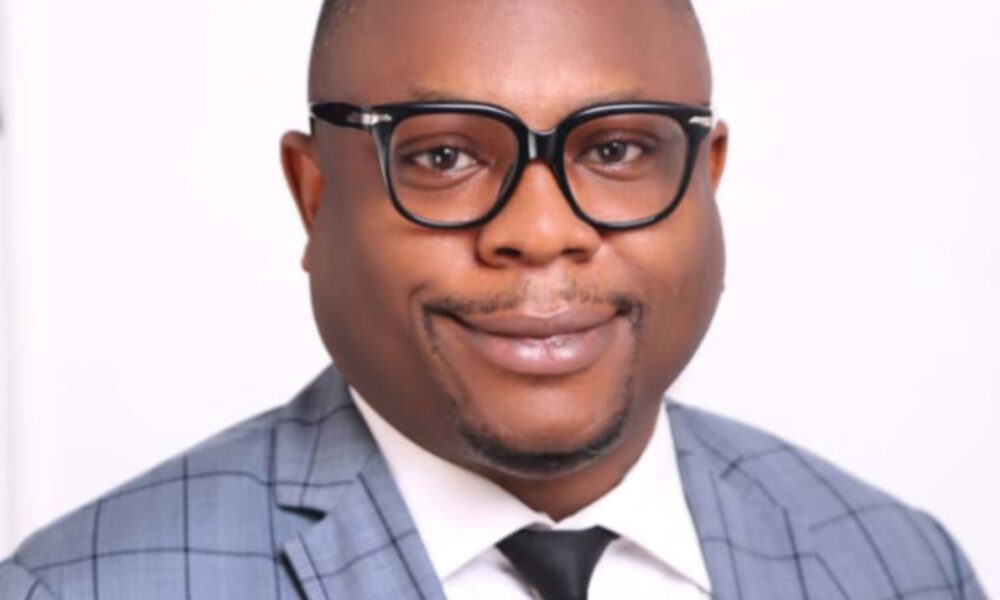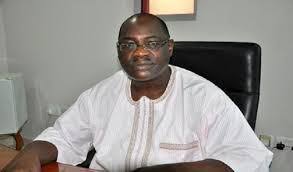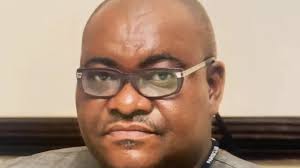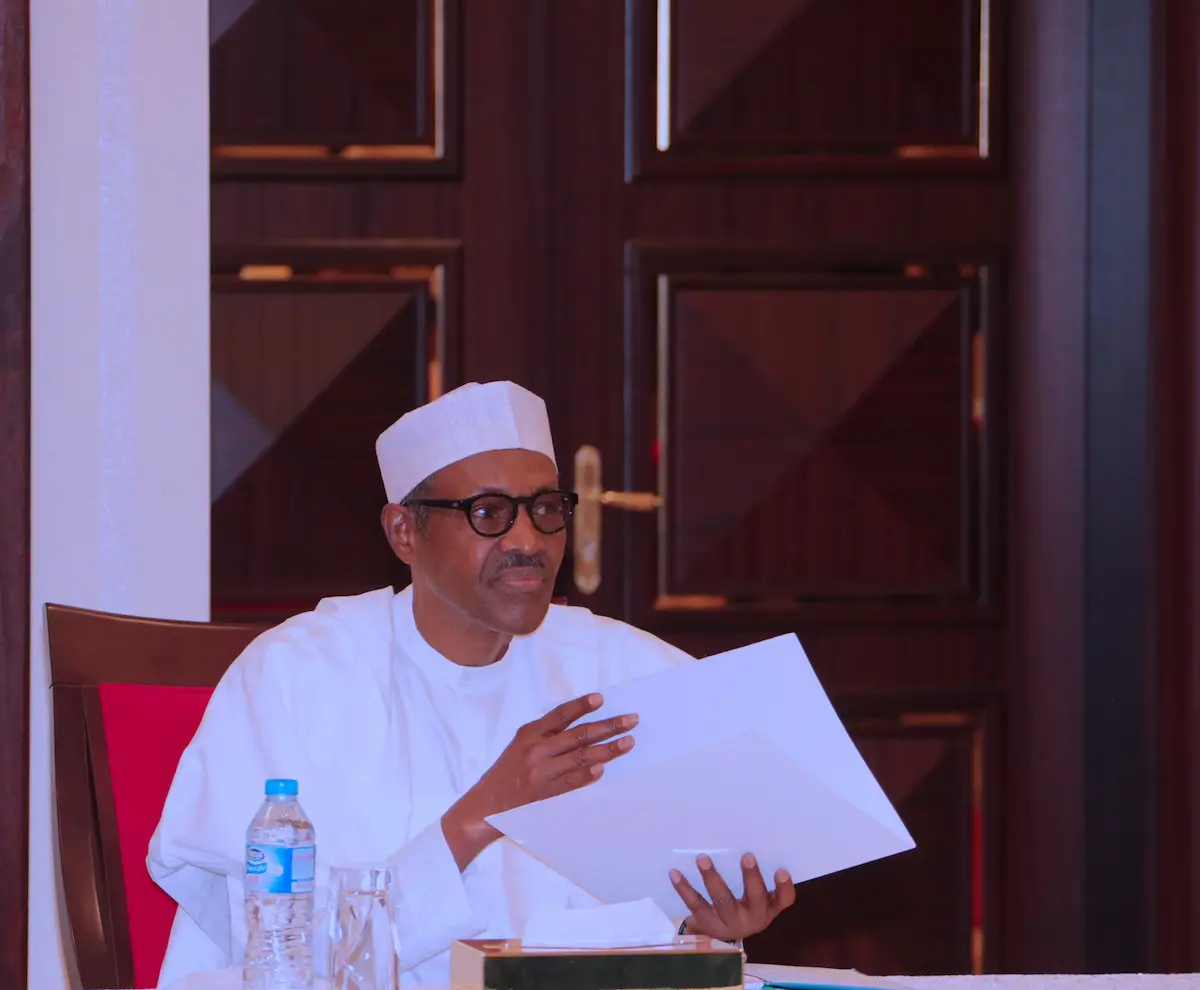By Lemmy Ughegbe, Ph.D
In examining the ongoing trial of Mazi Nnamdi Kanu before Justice Binta Nyako of the Federal High Court, I will limit my intervention to a singular but critical issue of law: the principle of judicial impartiality and the implications of alleged bias in adjudication.
It is a fundamental tenet of justice that no judge should preside over a matter in which their impartiality has been reasonably called into question. The principle of nemo judex in causa sua, that no one should judge their own case, is fundamental to fair trials and honest courts.
The moment a litigant formally raises concerns about a judge’s neutrality—whether due to perceived bias, vested interest, or a history of contentious rulings against them—the judge is legally and morally bound to step aside to prevent any appearance of partiality.
Courts have repeatedly held that even the mere perception of bias is enough to vitiate judicial proceedings because justice must not only be done but must be seen to be done.
The Supreme Court of Nigeria has consistently reinforced this principle.
In Dime v. Proprietors of Grand Junction Canal (1852) 3 HLC 759, it was held that a judge must recuse themselves from any case where they have a direct or indirect interest. Similarly, in Metropolitan Properties Co Ltd v. Lannon (1969) 1 QB 577, Lord Denning held that the test for determining judicial bias is whether a reasonable observer, with knowledge of all relevant facts, would conclude that there is a real likelihood of bias. This principle has been followed in Nigeria in Ameh v. Sosanya (2010) 6 NWLR (Pt. 1190) 144, where the Court of Appeal ruled that judicial officers must disqualify themselves if there is even an appearance of bias, regardless of whether actual bias exists.
Furthermore, in Kenon v. Tekam (2001) 14 NWLR (Pt. 732) 12, the Supreme Court held that where a judge is accused of bias or partiality, they should, in the interest of justice, disqualify themselves from presiding over the case.
The Court emphasised that a judge does not need to have actual bias; the perception of bias alone is enough to warrant recusal.
In the present case, there is no ambiguity regarding the legal status of Justice Binta Nyako’s continued involvement in Mazi Nnamdi Kanu’s trial. A valid and binding court order has already recused her from presiding over this matter.
This means that any further proceedings conducted under her authority are not merely irregular but illegal. Her insistence on continuing with the trial despite this judicial directive constitutes a grave violation of due process and a blatant disregard for the rule of law.
Even more alarming is Justice Nyako’s admission that she is aware of the recusal order, but is proceeding based on a letter from the Chief Judge of the Federal High Court instructing her to continue with the trial.
This raises serious concerns about her understanding of the law. It is trite that an administrative letter from the Chief Judge does not and cannot amount to a judicial order setting aside a valid and subsisting order of a court of competent jurisdiction.
To suggest otherwise is to embrace legal absurdity and crass ignorance. The only lawful means of setting aside the recusal order is through a properly filed motion before a superior court, leading to a formal ruling that overturns the earlier decision.
Any attempt to disregard an existing order based on an administrative directive is a direct affront to the independence of the judiciary and the sanctity of judicial pronouncements.
The Nigerian Constitution, particularly Section 36(1), guarantees every individual the right to a fair hearing by an impartial tribunal.
Furthermore, international human rights instruments, including the African Charter on Human and Peoples’ Rights (ACHPR) and the International Covenant on Civil and Political Rights (ICCPR), reinforce the necessity of judicial independence and the right of an accused person to be tried before an unbiased judge. Justice Nyako’s refusal to step aside, despite a clear order to do so, not only erodes public confidence in the judiciary but also exposes Nigeria to scrutiny under international legal frameworks.
Beyond the legal implications, the continued insistence on Justice Nyako presiding over this trial has wider socio-political ramifications.
The trial of Mazi Nnamdi Kanu is not just any criminal proceeding—it is one that has deep ethnic, political, and national security dimensions.
Given the sensitivity surrounding the case, judicial officials must exercise heightened caution to ensure that the process is above board.
Anything that suggests political interference or a compromised judiciary can further fuel agitation, resentment, and instability.
Moreover, the question must be asked: why is there resistance to reassigning this case to another judge? The Federal High Court has numerous competent justices capable of adjudicating the matter fairly. If the judicial system is truly impartial, then recusing a judge who has been formally ordered to step aside should not be an issue. Insisting that Justice Nyako must proceed with the trial, despite the binding order against her involvement, raises suspicions that there may be vested interests at play, which could undermine the credibility of the final verdict.
Upholding the rule of law in this case is not just about Mazi Nnamdi Kanu; it is about safeguarding the integrity of Nigeria’s judicial system.
If court orders can be disregarded, if accusations of bias are swept under the rug, and if due process is compromised for the sake of expediency, then no citizen is safe from judicial misconduct.
Justice should not be subject to political expediency or personal interests. The law must apply equally to all, and its processes must be transparent and beyond reproach.
It is, therefore, imperative that the valid recusal order against Justice Nyako be enforced without delay, and the case reassigned to an impartial judge.
Anything less would amount to a miscarriage of justice and further diminish public trust in the judiciary. The credibility of Nigeria’s legal system depends on its ability to uphold fundamental principles of fairness, justice, and the rule of law—without compromise.
Lemmy Ughegbe, Ph.D writes from Abuja
Email: lemmyughegbeofficial@gmail.com
+2348069716645




